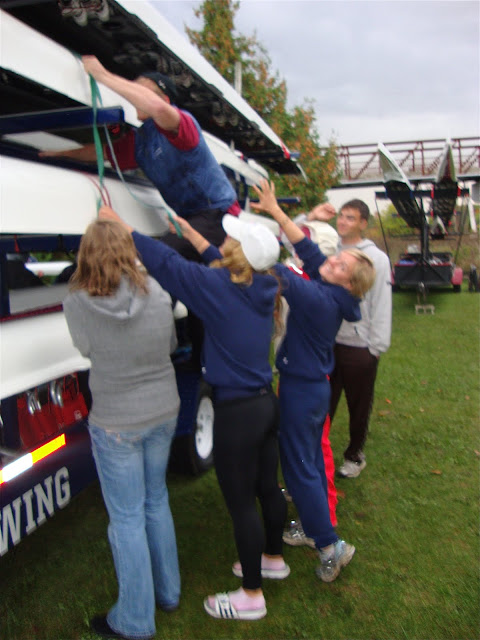Getting injured sucks. It's the same in any sport, not having ability train, perform and do what you love to do is the last place any athlete wants to be. All goals are put on hold, while your competition is out there getting better and faster. Pete Sampras puts it perfectly in his book
A Champion's Mind; "It's a very depressing experience, and it takes all your willpower and faith not to sink into that bad place, mentally and physically."
Just like training, while injured you need to set goals for recovery. How long do you allow yourself to do nothing and recover? When do you plan on being back doing your sport?, etc. You need something to keep occupied and to keep your mind focused on something other than the unfortunate situation you are in.
The one thing you MUST remember, there is a light at the end of the tunnel!
Often coming out of an injury you know more about where you went wrong and where you can improve. Not everything is lost and you can come back stronger. The best example is of Silken Laumann, coming back from her horrific leg injury to winning an Olympic Bronze medal 10 weeks later. It's about perseverance, determination and never giving up on your goals despite any adversity. In the inspirational words of Justin Bieber...
Never Say Never!
Awesome!
 |
Boat strapping gone wrong....sooo wrong!
3 weeks after CK's injury she went on to win a Silver medal at the Ontario University Championship's! | | |
|
| | |
|
|




